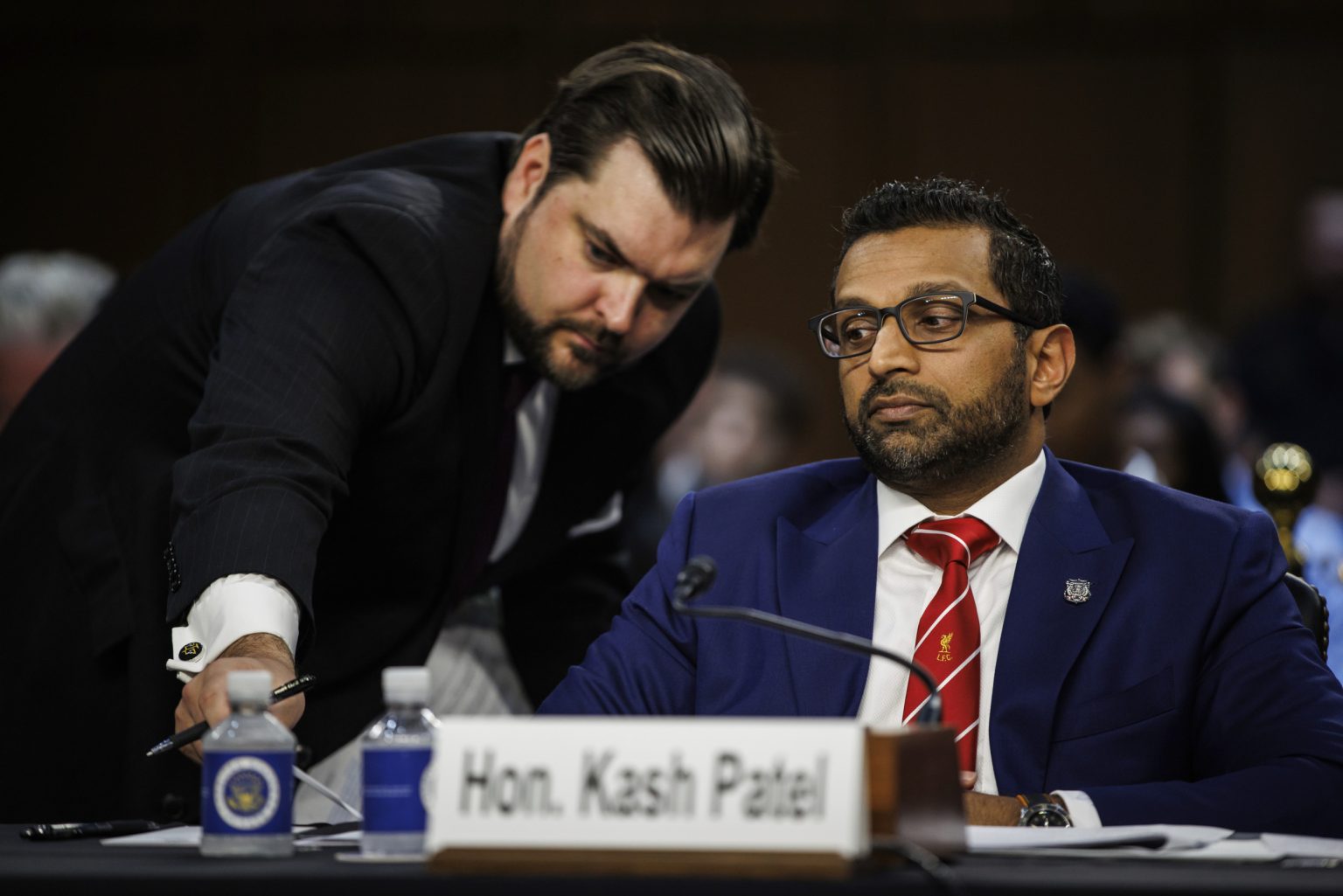FBI Director States No Evidence of Epstein Trafficking to Others
In a significant revelation that challenges widespread speculation, FBI Director Kash Patel testified before U.S. Senators on Tuesday that case files contain “no credible information” suggesting Jeffrey Epstein trafficked young women to anyone other than himself. This statement came during questioning by Republican Senator John Kennedy of Louisiana, who directly asked about the recipients of Epstein’s trafficking activities. Patel’s straightforward response—”Himself”—represents the FBI’s official position based on available evidence, adding a new dimension to one of the most controversial criminal cases in recent American history.
The exchange highlighted the limitations of the FBI’s investigation, with Patel explaining that available case files contain only “limited search warrants” from 2006 and 2007. This constraint stems from a controversial secret deal federal prosecutors in Florida struck with Epstein years ago, effectively allowing him to avoid prosecution for earlier crimes. This plea deal, which has been widely criticized since its discovery, significantly hampered subsequent investigations and may explain the apparent gaps in evidence concerning potential co-conspirators. Patel’s candid acknowledgment of these limitations suggests a complex investigative history that has potentially left important questions unanswered, even as he maintains there is no credible evidence of wider trafficking networks in existing files.
Senator Kennedy expressed skepticism that this explanation would satisfy public concern, noting that “this issue is not going to go away.” His comments reflect the persistent public suspicion that Epstein’s trafficking operation extended beyond his personal crimes to serve powerful figures—suspicions fueled by Epstein’s well-documented connections to wealthy and influential individuals across politics, business, and entertainment. “The central question for the American people is this,” Kennedy stated. “They know Epstein trafficked young women for sex with himself. What they want to know is whether he trafficked them to anyone else.” This articulation of public interest underscores the tension between official findings and widespread beliefs about the case that have persisted since Epstein’s death in 2019.
The testimony comes amid continued calls for greater transparency regarding Epstein’s activities and associates. Conspiracy theories have flourished in the vacuum created by limited information, with many questioning whether powerful individuals might have used their influence to suppress evidence or derail investigations. Patel’s testimony—while definitive in stating no credible evidence exists in FBI files—is unlikely to fully quell these suspicions, particularly given his acknowledgment of the limited nature of available evidence. The circumstances surrounding Epstein’s 2019 death in federal custody, officially ruled a suicide but widely questioned by skeptics, have only added to public mistrust and demands for more thorough investigation.
This latest development illustrates the challenge faced by law enforcement and public officials in addressing high-profile cases that capture the public imagination. When cases involve wealthy, connected individuals like Epstein, who maintained relationships with former presidents, business leaders, and royalty, public skepticism about official narratives tends to intensify. Patel’s testimony represents an attempt to address these concerns directly, but the qualifier that his statement is based only on “the information that we have in the case files” leaves room for continued speculation about what might remain undiscovered or undisclosed. The FBI director’s carefully worded responses suggest an awareness of both the limitations of current evidence and the intensity of public interest in the case.
As this breaking news story continues to develop, it highlights enduring questions about power, accountability, and justice in America. While the FBI director’s testimony provides an official position based on available evidence, it also underscores significant gaps in that evidence resulting from earlier legal arrangements that protected Epstein. The persistent public interest in this case reflects broader concerns about whether justice operates equally for all Americans or whether wealth and connections can shield individuals from full accountability. The tension between official statements like Patel’s and continuing public skepticism represents a fundamental challenge for institutions seeking to maintain public trust while acknowledging the limitations of their investigations into complex criminal networks that operate in the shadows.


